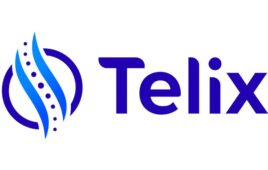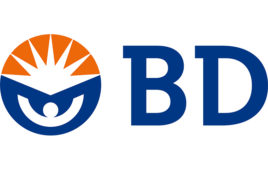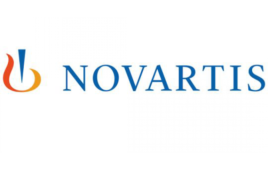Biotech drugmaker Human Genome Sciences Inc.’s board has adopted a “poison pill” shareholder rights plan to ward off unsolicited takeover bids, and it also has rejected a buyout offer worth nearly $2.6 billion from British pharmaceutical giant GlaxoSmithKline plc.
The Rockville, Md., company said Thursday its plan lasts for a year and will dilute holdings if anyone attempts to acquire 15 percent or more of its stock without board approval.
Human Genome said the plan protects the long-term interests of shareholders and allows its board to focus on its strategic review process. The company announced on April 19 that it will explore a potential sale.
It also said then that it had rejected an unsolicited offer from Glaxo to buy Human Genome for about $13 per share. Human Genome said the offer undervalues the company. It said Thursday its board recommends stockholders reject the offer and not tender any shares to Glaxo.
Human Genome also said Glaxo made the offer to take advantage of shares that were trading near a 52-week low price. The company’s stock price sank below $8 per share in mid-April but has since climbed above $14.
Glaxo and Human Genome Sciences split sales of the injectable biotech drug Benlysta, which last year became the first new drug approved for lupus in 50 years. Sales have been underwhelming, with monthly revenue averaging $11 million.
Even so, some analysts believe the drug could eventually grow into a billion-dollar blockbuster in coming years. Human Genome said Thursday Glaxo’s offer failed to capture the “significant upside potential” represented by Benlysta and its pipeline of drugs under development.
Human Genome Sciences’ only other approved product is the anthrax treatment ABthrax, which it sells to the U.S. federal government for stockpiling.
Shares of Human Genome climbed 15 cents to $14.40 Thursday in premarket trading, while U.S.-traded shares of Glaxo fell 46 cents to $44.91.




